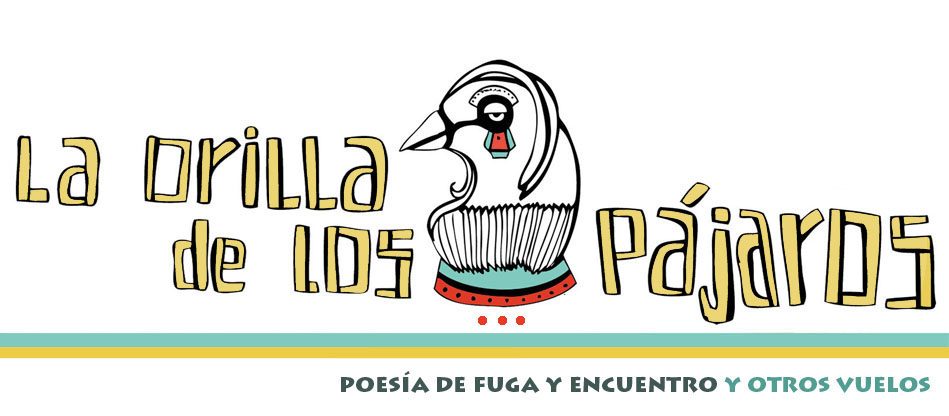CARRERA
EN DESCENSO
Por
la
página
blanca
de
nieve
descendemos.
De
lado
a
lado
nos
deslizamos.
Superamos
obstáculos
con
facilidad.
Palabras
sobre
esquís.
Mira.
Por
ahí
viene
un
poema
con
prisa!
CUESTA
ARRIBA
Yeeeiiih.
Tres
Dos
Uno
vez.
otra
lanzarnos
para
cima
la
hacia
vuelta
de
camino
el
todo
ascender
es
aburrida
parte
única
La
Poems from the book All the best: The Selected poems of Roger McGough. Ilustrated by Lydia Monks. Puffin
books. Penguin Group 2003.
Poems translated into Spanish by Beatriz Viol.
Roger
McGough
(Litherland, Lancashire, Inglaterra, 1937) es poeta, locutor, autor
infantil y dramaturgo. Presenta el programa de BBC Radio 4 Poetry
Please.
Fue uno de los miembros de los poetas de Liverpool, un grupo de
poetas jóvenes influenciados por la poesía Beat y la música y la
cultura popular de los sesenta en Liverpool. Formó junto a Mike
McCartney y John Gorman el grupo cómico The Scaffold, con el cual
alcanzaron el Nº1 con Lily
the Pink.
Roger
McGough (Litherland,
Lancashire, England, 1937) is an English poet, performance poet,
broadcaster, children's author and playwright. He presents the BBC
Radio 4 programme Poetry
Please, as well as
performing his own poetry. McGough was one of the leading members of
the Liverpool poets, a group of young poets influenced by Beat poetry
and the popular music and culture of 1960s Liverpool.
McGough,
alongside Mike McCartney and John Gorman, formed the comic group The
Scaffold, which in 1968 reached No 1 with Lily
the Pink.
He is an honorary fellow of Liverpool John Moores University, fellow
of the Royal Society of Literature and President of the Poetry
Society.
Ver la serie completa: Poemas en la nieve.
Ver la serie completa: Poemas en la nieve.


